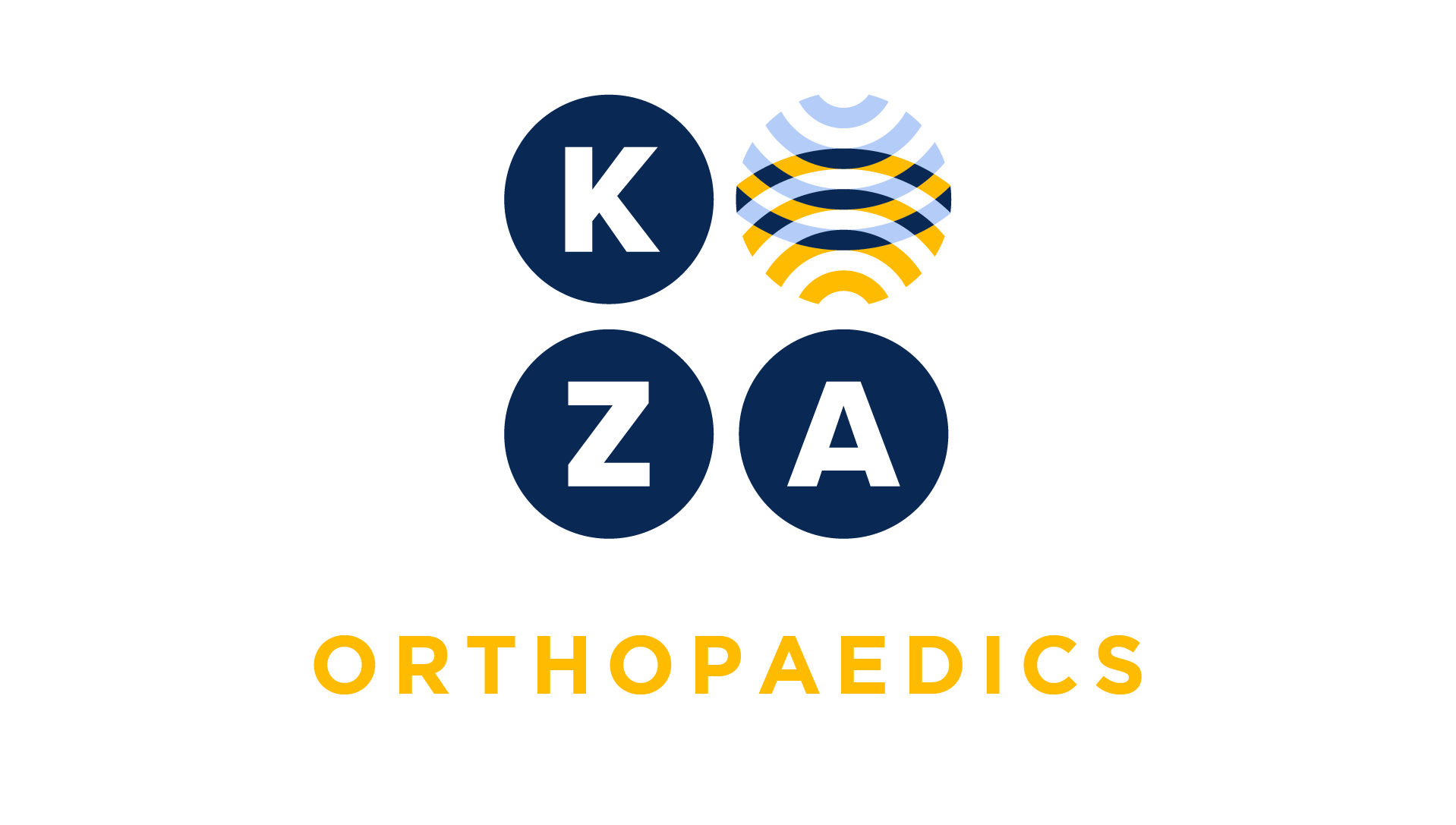Using PAs and NPs as Scribes
Question:
Our group is really having a difficult time getting all of the medical record information into the computer. Is it okay to use our PAs and NPs as scribes when they have some down time?
Answer:
We certainly understand your frustration with inputting data in to the EMR. The question you ask is rather complex and will take a bit of homework for your group to determine if this is the best use of an allied health professional. A scribe in the medical office is just like a court reporter. They may only document exactly what is stated by the physician or NPP during the encounter and just like a court reporter; they don’t get to ask any Question:s. You may not combine the work of a PA/NP when they are acting as a scribe with that of a physician and bill it under the MD’s NPI. The practitioner who bills for the services is expected to be the person delivering the services and creating the record, which is simply recorded by another person/the scribe. Finally, the record should be signed by both parties (the scribe and the physicians) attesting to their role in the creation of the record. The practitioner must attest to having independently performed the service and agree with the information as documented by the scribe. A PA/NP who performs part of the encounter for a patient (e.g. history) and then “scribes” the remainder of the encounter is not functioning as a scribe.
For more clarity on the issue, CGS Medicare updated their guidance article recently. Located here:

